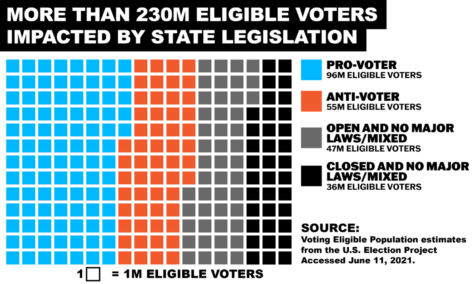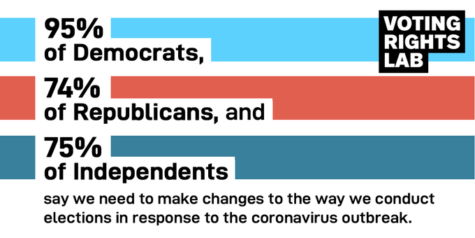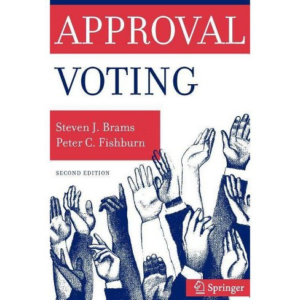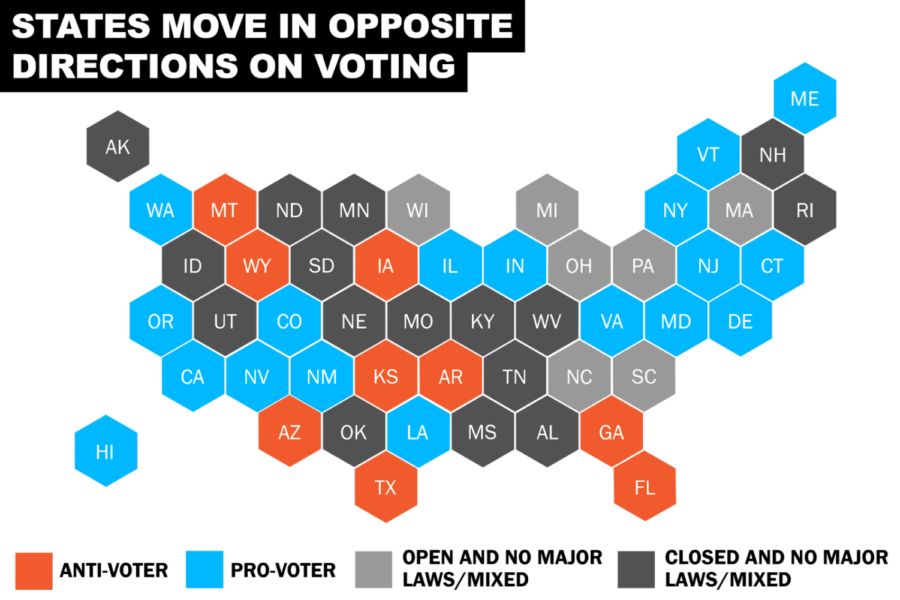Our Democracy Undermined: Voter Suppression Bills Ahead of the 2022 Midterm Elections
With a partisan divide among State legislative bodies, the issue of voter rights is now the center of attention in American politics.
States across the country are moving in different directions with voter rights legislation ahead of the 2022 Midterm Elections.
As the Biden administration continues to work with Democratic legislators to push for the enactment of voting rights protections, it must contend with the growing number of bills introduced in the 2022 legislative session that would cause balloting suppression in states like Florida, Texas, Georgia, and even New York. These include state laws such as Florida Senate Bill 90, Texas Senate Bill 1111, Georgia Senate Bill 202, and New York Senate Bill 264 that shorten the mail-in ballot application window and the window during which voters are allowed to cast their ballots early. To approach this issue, a new system needs to be implemented.

Racial inequality in America is not an accident; it is a systemic issue that affects our society on multiple levels. Climate change, equitable criminal justice, access to education, employment, fair housing, and other long-term societal concerns are all founded in structural inequality. A healthy American democracy, where voices are heard and communities are empowered to use their vote effectively, is the answer to these problems. The solution to these problems is a healthy American democracy, where all voices can be heard, but that can only be achieved by ensuring the equal protection of voting rights.
Disinformation tactics proceeded months before the 2020 election, successfully invalidating the election results in the minds of millions of Americans and ultimately fueling attempts to limit voter access. The dissemination of misinformation has not only provided politicians with an opportunity to implement restrictive legislation. This has also eroded public confidence in our electoral system to the point where even efforts to modernize and increase access to it are met with claims of fraud, as seen in Georgia and the recent California recall election.
While many tout that election fraud is a threat to democracy, others believe that there is a lack of bipartisanship in approaching this issue. As a result, questions remain as to whether or not voter suppression bills are the right approach to address voter rights in the new year. It is nevertheless vital to understand various viewpoints in a time when the deliberation about the future of democracy is more important than ever.
“I have long expressed skepticism about the claim that lowering/raising the cost of voting on the margin (i.e., NOT poll taxes or outright violent intimidation, both of which punctuate American history) appreciably affects voter turnout,” said Professor Donald Green from Columbia University.

In addition, Green believes that there are bigger issues beyond the surface level. “My sense is that, as in the case of voter ID laws, attempts to raise the costs of voting are negated by counter-mobilization by opposition groups. I do not advocate such regressive moves, but I suspect that their effects will amount to decreases of turnout on the order of 1 percentage point. More concerning to me are the administrative changes in some proposals, for example, the issue surrounding who certifies an election.”
According to Vincent Pons’s study published at Harvard Business School, referenced by Professor Green, strict voter identification laws across the country have had no impact on voter turnout and voter registration rates. There are over 1.6 billion data points from 2008 to 2018 supporting his perspective, so a move against voter identification laws may not be the best way to approach this issue.
More than 180 bills affecting electoral authority have been introduced so far this year. The new legislation varies vastly among political positions. Some offer partisan actors more authority to influence and control election outcomes, while others limit election officials’ autonomy. Some make it possible for political poll watchers to intimidate and harass voters. Others make election workers criminals merely for doing their jobs.
The bills that are the most troubling would allow partisan state legislatures to reverse election outcomes. In fact, some states are participating in or considering undertaking highly political and unwarranted election results checks, some of which only apply to or expressly target specific counties.

However, Lawrence Mead, Professor of American Politics at New York University, said, “Well, it is very important to the leadership of the two parties. There is no question that Republicans at the state level are trying to restrict access to voting in many states.”
“I do not believe from what I have read, this will have much effect on turnout. That is, people are going to go anyway with or without these changes. And I do not think the general public is very concerned about this. This is not a mass issue for the general electorate,” he added.
According to the Voting Rights Lab State Voting Rights Tracker:
- Twenty-seven states have passed laws to strengthen and extend postal voting, while thirteen states have passed legislation to limit it.
- Nineteen states have passed laws to improve voter registration, while five states have erected new hurdles to voter registration.
- Fourteen states have passed laws transferring election power, which might make election management more political in several circumstances.
- In-person early voting has been established, extended, or enhanced in fourteen states, while it has been restricted in one state.
- Election-related offenses have been reported in thirteen states, demonstrating the legislation’s potential to be suppressive.
- Eleven states have permitted election officials to begin processing postal votes sooner, while no states reduced the amount of time required for pre-processing.

Professor Michael Izady from the New York Institute of Technology believes that there are more questions to address about the intent of these proposed bills, as he said, “Those who are proposing them, state that such laws will actually increase legitimate voting by making the process safer and easier. Is that true? We will not know unless we impartially debate and discuss them. How could we know the truth when we take sides at the start, attacking the other side?”
To pave the way for election reform and a system that addresses voter suppression, Dr. Steven Brams has been advocating for the “approval voting” system, being the author of numerous academic works surrounding this, such as Approval Voting – 2nd Edition and Mathematics and Democracy: Designing Better Voting and Fair-Division Procedures.
“I approach these kinds of questions from a broader perspective — how best to reform our voting system, through the election of more consensus-seeking candidates — to deal better with questions like voting rights. I am a proponent of ‘approval voting’ and associated with a nonprofit, Center for Election Science, that is pushing for its adoption with some recent successes,” said Dr. Brams.
Approval voting is a single-winner election system in which each voter can vote for any number of candidates, with the winner being the candidate with the most votes. An approval ballot is a ballot that allows numerous candidates to be marked. Its application distinguishes it from other prevalent single-winner systems.

Referendums in Fargo, North Dakota in 2018 and St. Louis, Missouri in 2020 adopted proposals to establish approval voting for municipal elections in the United States. Fargo used approval voting to elect two at-large seats on its city council in June 2020, while St. Louis used it to advance two candidates for mayor and alderman in the March 2021 non-partisan primary. This could address many of the systemic issues surrounding voter suppression.
As more voter rights bills are introduced, it is up to lawmakers and advocates to explore the possible solutions and lead the way in solving this issue in a time of bipartisan distrust.
Lawrence Mead, Professor of American Politics at New York University, said, “Well, it is very important to the leadership of the two parties. There is no question that Republicans at the state level are trying to restrict access to voting in many states. I do not believe from what I have read, this will have much effect on turnout. That is, people are going to go anyway with or without these changes. And I do not think the general public is very concerned about this. This is not a mass issue for the general electorate,” he added.
Ryan Ahmed is a Managing Editor for 'The Science Survey.' He wants to uplift communities and provide unique insight on current events around the globe...











